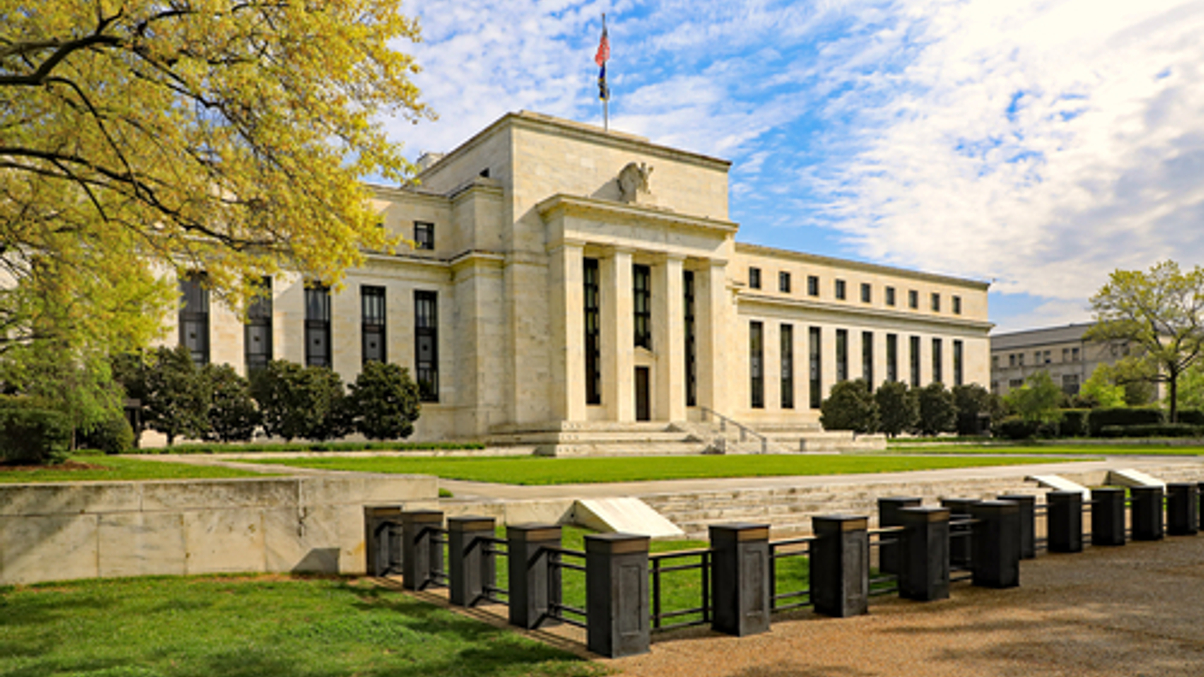Asian asset owners react to Fed bond sale plans
AsianInvestor canvassed institutional investors for their thoughts on the US central bank's plans to reduce its balance sheet and its latest interest rate hike.

The US Federal Reserve’s rate hike on Tuesday came as no surprise, but the announcement that it will start shrinking its $4.5 trillion balance sheet as early as this year has put insurers and pension funds on alert in Asia.
Sign in to read on!
Registered users get 2 free articles in 30 days.
Subscribers have full unlimited access to AsianInvestor
Not signed up? New users get 2 free articles per month, plus a 7-day unlimited free trial.
¬ Haymarket Media Limited. All rights reserved.


